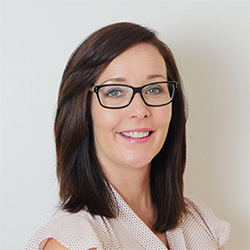Youth Aboriginal and Torres Strait Islanders Mental Health Fist Aid Course (coming in April)
Learn how to assist Aboriginal & Torres Strait Islander young people who may be developing a mental illness, experiencing a worsening of an existing mental health problem or in a mental health crisis, until appropriate professional help is received or the crisis resolves

Example of mental health problems and crisis that are covered in the Youth AMHFA Course
- Depression and anxiety
- Psychosis
- Substance use problems
- Suicidal thoughts and behaviours
- Non suicidal self injury with recovery
- Panic attacks, traumatic events and much more
The official Youth Aboriginal and Torres Strait Islander AMHFA Course.
WHO IS THIS COURSE FOR?
The Youth Aboriginal & Torres Strait Islander Mental Health First Aid course is for any interested adults, 18 years and over
![]()
WHAT WILL YOU LEARN?
Developed by and for Aboriginal and Torres Strait Islander people this informative and strengths-based course will teach you how to assist Aboriginal & Torres Strait Islander young people who may be experiencing a mental health problem or mental health crisis until appropriate professional support is received or the crisis resolves, using practical, evidence-based action plan.
COUSE FORMAT AND DELIVERY
Conducted by accredited Youth Aboriginal & Torres Strait Islander Mental Health First Aid Instructors, the course is designed with some flexible delivery options for Instructors to tailor the course to the needs of the participants, this includes extended activities in core modules as well as optional modules and can be delivered over 2 – 2.5 days.
WHO RUNS THE YOUTH AMHFA COURSE?
It will be run by our Principle Master MHFA Trainer, Trudy Hodge-O’Brien, who is a proud Wiradjuri woman and has extensive experience in mental health, working across youth, social work, drug & alcohol and the community services sectors.






